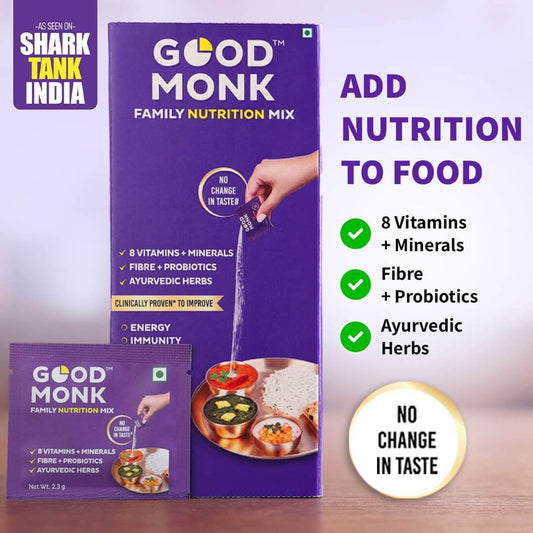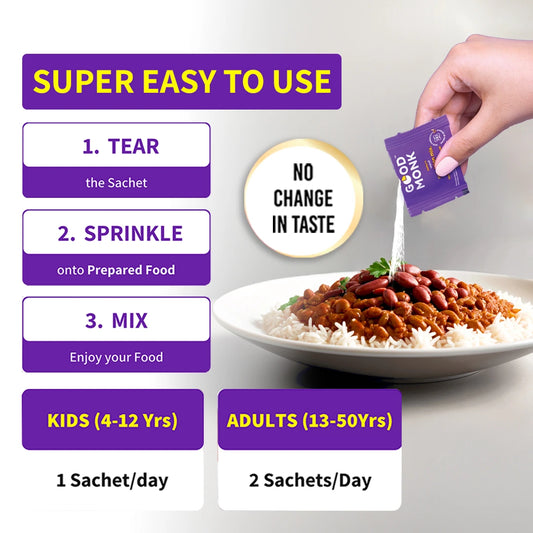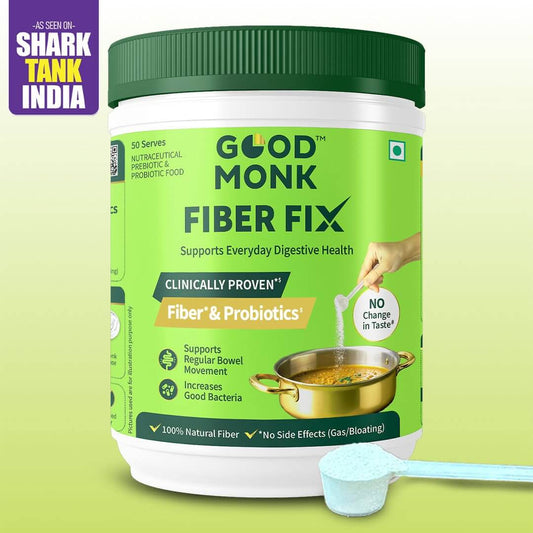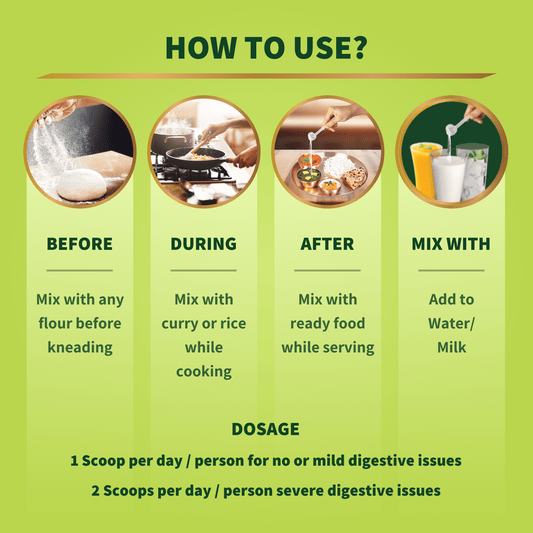Vitamin A is an essential nutrient for maintaining good health. It plays a crucial role in various bodily functions, such as vision, immune system support, and skin health. However, when your body lacks an adequate amount of this vital vitamin, it can lead to a condition known as Vitamin A deficiency. In this blog, we will explore the signs, causes, and treatment of Vitamin A deficiency, as well as ways to prevent it.
1. What is Vitamin A Deficiency?
Vitamin A deficiency is a condition characterized by the insufficient intake or absorption of vitamin A in the body. Vitamin A, in the form of retinoids or carotenoids, is essential for various physiological processes. Without enough of this nutrient, your body may experience a range of health issues.
2. Reasons for Vitamin A Deficiency
There are several factors that can lead to Vitamin A deficiency, including:
- Inadequate Dietary Intake: Not consuming enough foods rich in vitamin A, such as carrots, sweet potatoes, spinach, and liver, can result in deficiency.
- Malabsorption: Conditions that affect the absorption of dietary fat, such as celiac disease, Crohn's disease, and certain liver disorders, can impair the absorption of vitamin A.
- Limited Access to Nutritious Foods: People in impoverished or underprivileged regions may have limited access to vitamin A-rich foods, contributing to deficiency.
- Alcoholism: Excessive alcohol consumption can disrupt the body's ability to store and use vitamin A effectively.
- Certain Medical Conditions: Some medical conditions, like pancreatic disorders or gallbladder issues, can hinder the body's ability to digest and absorb dietary fat, affecting vitamin A absorption.
3. Symptoms of Vitamin A Deficiency
Recognizing the signs of Vitamin A deficiency is essential for early intervention. Common symptoms include:
- Night Blindness: Difficulty seeing in low-light conditions is a classic symptom of Vitamin A deficiency.
- Dry Skin and Hair: Vitamin A deficiency can lead to dry, flaky skin and dull, brittle hair.
- Increased Susceptibility to Infections: A weakened immune system can result in more frequent infections and illnesses.
- Corneal Ulcers: Severe deficiency can cause ulcers to form on the cornea, leading to vision impairment.
- Poor Growth in Children: Inadequate vitamin A can hinder a child's growth and development.
- Bitot's Spots: White, foamy spots on the conjunctiva of the eye can indicate Vitamin A deficiency.
4. Vitamin A Deficiency Treatment and Prevention
If you suspect that you have a deficiency of Vitamin A, it's crucial to consult a healthcare professional for a proper diagnosis and treatment plan. Vitamin A deficiency treatment may include dietary changes, vitamin supplements, or addressing underlying medical conditions that affect absorption. But you should first know what are the Vitamin A deficiency causes before getting its prevention. A person can prevent the deficiency of Vitamin A by having a proper diet and vitamin A rich foods.

5. Conclusion
Vitamin A deficiency is a serious health concern that can have far-reaching consequences. By recognizing the signs, understanding the causes, and seeking treatment when necessary, you can prevent and overcome this condition, ensuring your body receives the vital nutrients it needs for optimal health. Visit Good Monk for a nutrition mix to improve your overall health!
6. FAQ’s on Vitamin A Deficiency
-
What should I do to avoid Vitamin A Deficiency?
To avoid Vitamin A deficiency, focus on a balanced diet that includes vitamin A-rich foods like carrots, sweet potatoes, spinach, and liver. If you have difficulty obtaining sufficient vitamin A from your diet, consider supplements after consulting a healthcare professional.
-
What causes Vitamin A deficiency?
Usual Vitamin A deficiency causes are insufficient dietary intake, malabsorption due to certain medical conditions, alcoholism, and limited access to nutritious foods.
-
What are the health consequences of Vitamin A deficiency?
The health consequences of Vitamin A deficiency can include night blindness, dry skin and hair, increased susceptibility to infections, corneal ulcers, poor growth in children, and Bitot's spots. Severe deficiency can lead to vision impairment and other serious health issues.














